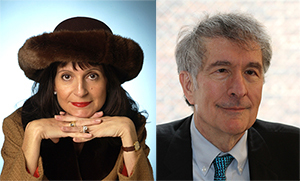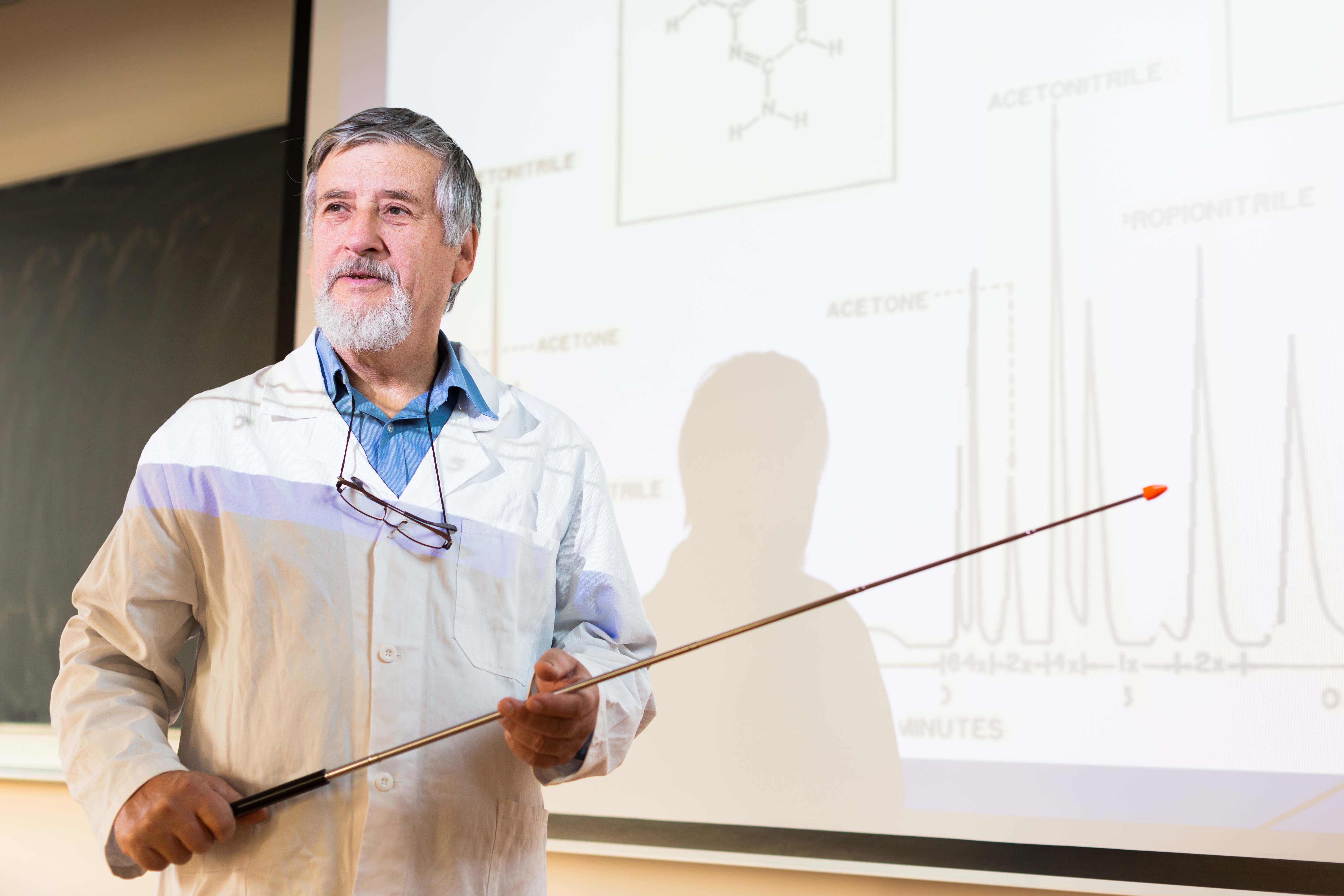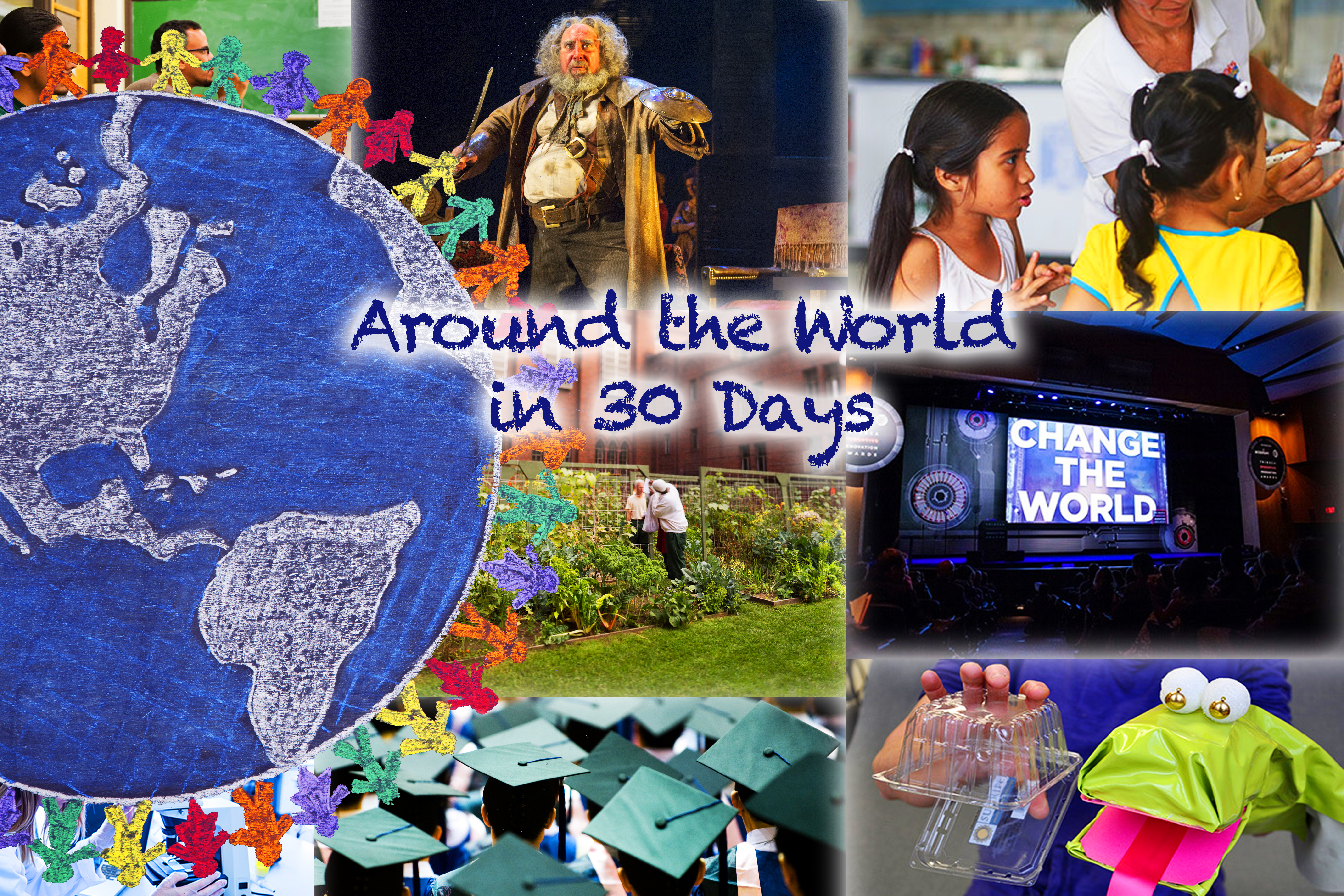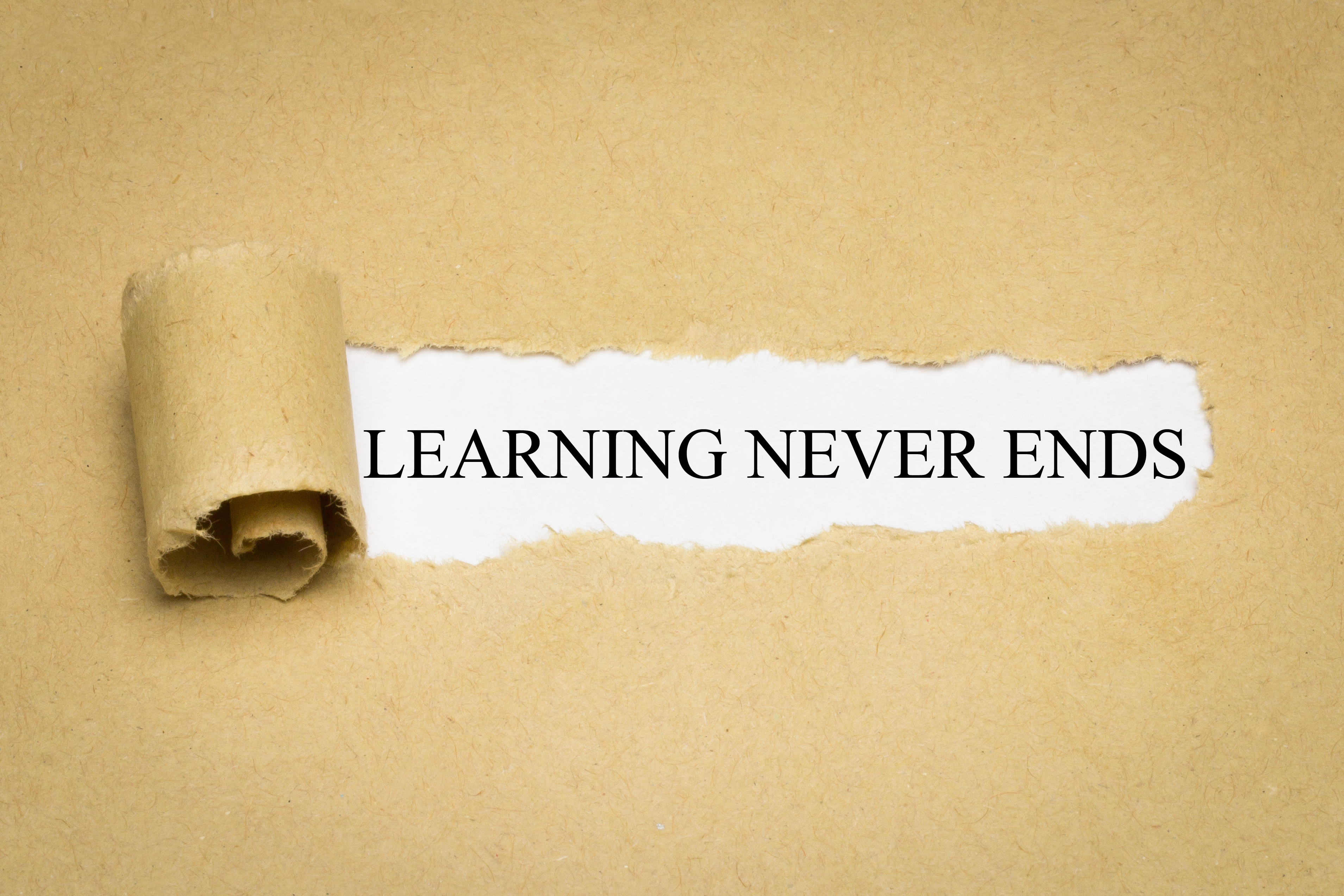
Nel profitto sopra tutto il mondo della digitalizzazione e automazione, etica e la natura di professionalità sembrano essere in questione e sotto attacco da tutti i lati. Saranno i nuovi robot sul blocco fornire la stessa esperienza e intelligenze multiple che ci aspettiamo da esperti umani? Cosa si può fare per preservare e rafforzare la qualità delle nostre professioni?
Today we begin a three-part blog mini-series on this topic with one of La ricerca globale per l'istruzione di most popular contributors, Il professor Howard Gardner. In the course of our series, Howard will discuss how all the professions and, in particular education, are affected by our rapidly changing world. He will also share his recommended steps on becoming a professional ethicist.
Howard Gardner ha ricevuto numerosi riconoscimenti nel corso della sua vita, tra cui un premio borsa di studio MacArthur. He has honorary degrees from universities around the globe, ed è stato nominato uno dei 100 la maggior parte degli intellettuali influenti dalla politica e prospettive Foreign rivista per il suo lavoro nello studio e l'esplorazione della teoria delle intelligenze multiple. Egli dirige il progetto GoodWork ™, uno sforzo su larga scala per identificare gli individui e le istituzioni che esemplificano un buon lavoro.
In parte 1 of our three-part mini blog series, Howard will discuss why he decided to start a blog about ethics in the professional world and how he thinks ethics is being undermined today.

Howard, why a blog called “The Professional Ethicist”?
Iniziare con, Cathy, the title harbors a triple pun. in primo luogo, I don’t believe that there are such things as professional ethicists, except perhaps for the occasional philosopher. But I, along with many others, have been writing about the ethics entailed in various professions, from engineering to education. While it has improved recently, I have long been disappointed with the quality of the weekly New York Times column called “The Ethicist”. One day last year I experienced one of those A-ha moments: “I can do it better!
Cathy, to turn serious, I believe that the range of professions – from architecture to veterinary medicine, from education to the ministry, are vital and precious human inventions. At the core of each of these professions is a set of values that encompass integrity, servizio, and dis-interestedness, striving to do what is right independent of personal gain or loss. Sometimes the value is distinctly personal, per esempio, teachers have obligations to each of their students. At other times, the value veers toward the universal, per esempio, journalists have an obligation to pursue the truth, fairly and fearlessly.
ahimè, I see the range of professions, here in the United States and abroad, as under severe strain, because of both internal and external forces. In launching my blog, I hope to explore the reasons for these pressures and the optimal means of dealing with them, thereby strengthening both the range and the quality of professions.
Do you think that robots with artificial intelligence could ultimately provide the expertise and multiple intelligences that we need from human experts?
It’s already clear that artificial intelligence can provide information that we used to secure from experts or that we had to look up ourselves. Just think about Siri, Encore, and the power of many other search engines. There is every reason to believe that these systems will continue to get ‘more intelligent’. As I am writing, the best “andare” player in the world is struggling to compete successfully with a newly developed computational system.
I think we need to separate three issues. Firstly does the system reach its ‘answers’ in the same way that human beings do? This is the difference between ‘artificial intelligence’ and ‘human simulation. Secondly does the system manifest its intelligence? Per molti di noi, there’s a big difference between typing a question on our pad, as opposed to conversing with a robot or avatar. The more that the robot resembles a human being, the more satisfying it will be to many individuals, although not to me! Thirdly can the computational system provide a recommended course of action that is as solid, or even more solid, than a well-trained professional? In a way that the client finds satisfying? For the foreseeable future (say a decade or two), I think that the answer is no. But I would add that for individuals who cannot afford to consult a professional, or for whom no professional is available, an artificial system will typically be much better than the recommendations of a friend or than common sense – which is all too often common non-sense.

Very interesting and so back to your blog. I believe you launched it last September?
Sì, I began my blog in a very quiet way. After writing half a dozen blogs, I wrote a major essay on the future of the professions (su 5000 parole), posted it in early December, and sent it to two dozen colleagues. I was surprised and elated by the range and depth of the responses – both the 40 or so that have been posted and several that were sent privately. Contributors educated me about the similarities and differences between medieval guilds and modern professions; the undue power and secrecy of certain professional organizations; the different statuses and profiles of professions across Europe and Asia.
See http://www.thegoodproject.org/is-there-a-future-for-the-professions-an-interim-verdict/
Inizialmente, I had planned to write a single blog in response. But so many vital issues were brought up that I am posting ten separate blogs in the coming months.
Why do you think the ethical foundations of all professions are being undermined?
The full range of professions are vulnerable because of three major factors. in primo luogo, a smugness that the value of professions is self-evident and can therefore be taken for granted. In secondo luogo, the power of the marketplace which has induced many professionals across the professional landscape to chase the highest income rather than preserving the core of expert service; ed infine, the digital media, which holds the promise – or the threat – of replacing many, if not most tasks formerly carried out by professionals.
Taken together, these three forces would suffice to destroy the professions. Ulteriormente, it isn’t clear what entities/institutions/vocations could or would take their place. We could find ourselves without an investigative press; without fair-minded judges; without physicians who prescribe what is appropriate to each patient. These outcomes would be disastrous.
Join us next week for Part 2 di In Search of Gli etici professionali, in which Howard Gardner will focus on Ethics in Education.

(All photos are courtesy of Shutterstock and CMRubinWorld)
Unitevi a me e leader di pensiero di fama mondiale tra cui Sir Michael Barber (Regno Unito), Dr. Michael Block (Stati Uniti), Dr. Leon Botstein (Stati Uniti), Il professor Argilla Christensen (Stati Uniti), Dr. Linda di Darling-Hammond (Stati Uniti), Dr. MadhavChavan (India), Il professor Michael Fullan (Canada), Il professor Howard Gardner (Stati Uniti), Il professor Andy Hargreaves (Stati Uniti), Il professor Yvonne Hellman (Paesi Bassi), Il professor Kristin Helstad (Norvegia), Jean Hendrickson (Stati Uniti), Il professor Rose Hipkins (Nuova Zelanda), Il professor Cornelia Hoogland (Canada), Onorevole Jeff Johnson (Canada), Sig.ra. Chantal Kaufmann (Belgio), Dr. EijaKauppinen (Finlandia), Sottosegretario di Stato TapioKosunen (Finlandia), Il professor Dominique Lafontaine (Belgio), Il professor Hugh Lauder (Regno Unito), Signore Ken Macdonald (Regno Unito), Il professor Geoff Masters (Australia), Il professor Barry McGaw (Australia), Shiv Nadar (India), Il professor R. Natarajan (India), Dr. PAK NG (Singapore), Dr. Denise Papa (Stati Uniti), Sridhar Rajagopalan (India), Dr. Diane Ravitch (Stati Uniti), Richard Wilson Riley (Stati Uniti), Sir Ken Robinson (Regno Unito), Professor Pasi Sahlberg (Finlandia), Il professor Manabu Sato (Giappone), Andreas Schleicher (PISA, OCSE), Dr. Anthony Seldon (Regno Unito), Dr. David Shaffer (Stati Uniti), Dr. Kirsten Immersive Are (Norvegia), Cancelliere Stephen Spahn (Stati Uniti), Yves Theze (LyceeFrancais Stati Uniti), Il professor Charles Ungerleider (Canada), Il professor Tony Wagner (Stati Uniti), Sir David Watson (Regno Unito), Professor Dylan Wiliam (Regno Unito), Dr. Mark Wormald (Regno Unito), Il professor Theo Wubbels (Paesi Bassi), Il professor Michael Young (Regno Unito), e il professor Zhang Minxuan (Porcellana) mentre esplorano le grandi questioni educative immagine che tutte le nazioni devono affrontare oggi.
Il Global Ricerca per l'Educazione della Comunità Pagina
C. M. Rubin è l'autore di due ampiamente lettura serie on-line per il quale ha ricevuto una 2011 Premio Upton Sinclair, “Il Global Ricerca per l'Educazione” e “Come faremo a Leggere?” Lei è anche l'autore di tre libri bestseller, Compreso The Real Alice in Wonderland, è l'editore di CMRubinWorld, ed è un disgregatore Foundation Fellow.






Commenti recenti